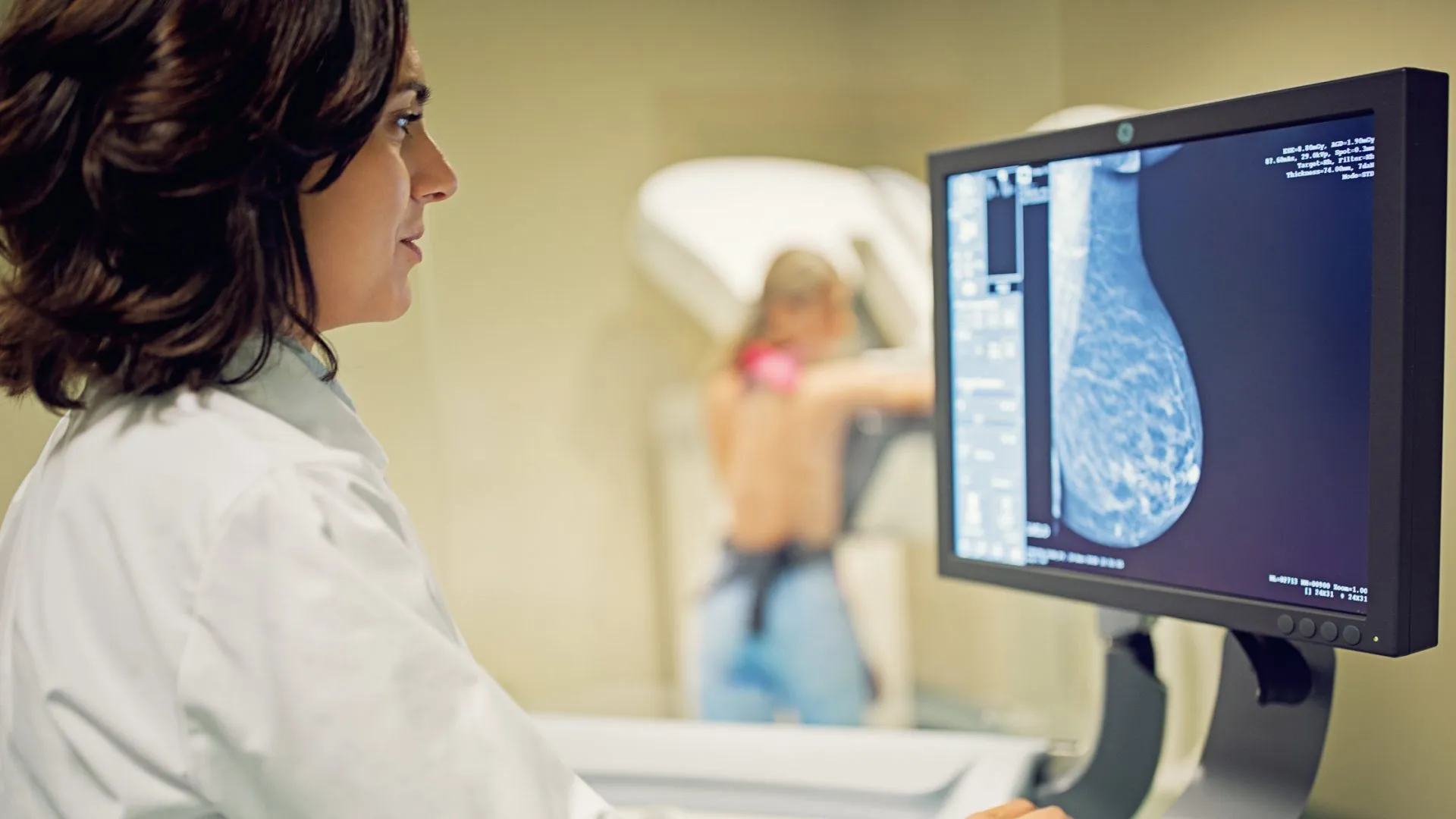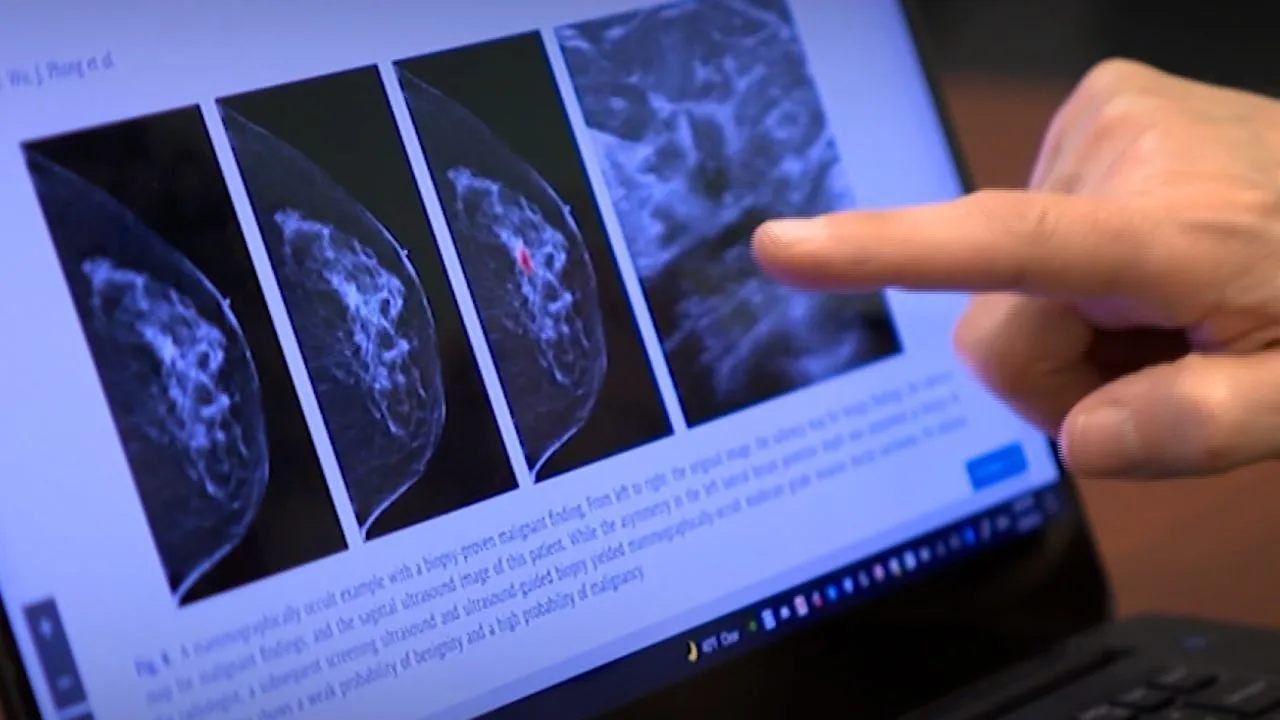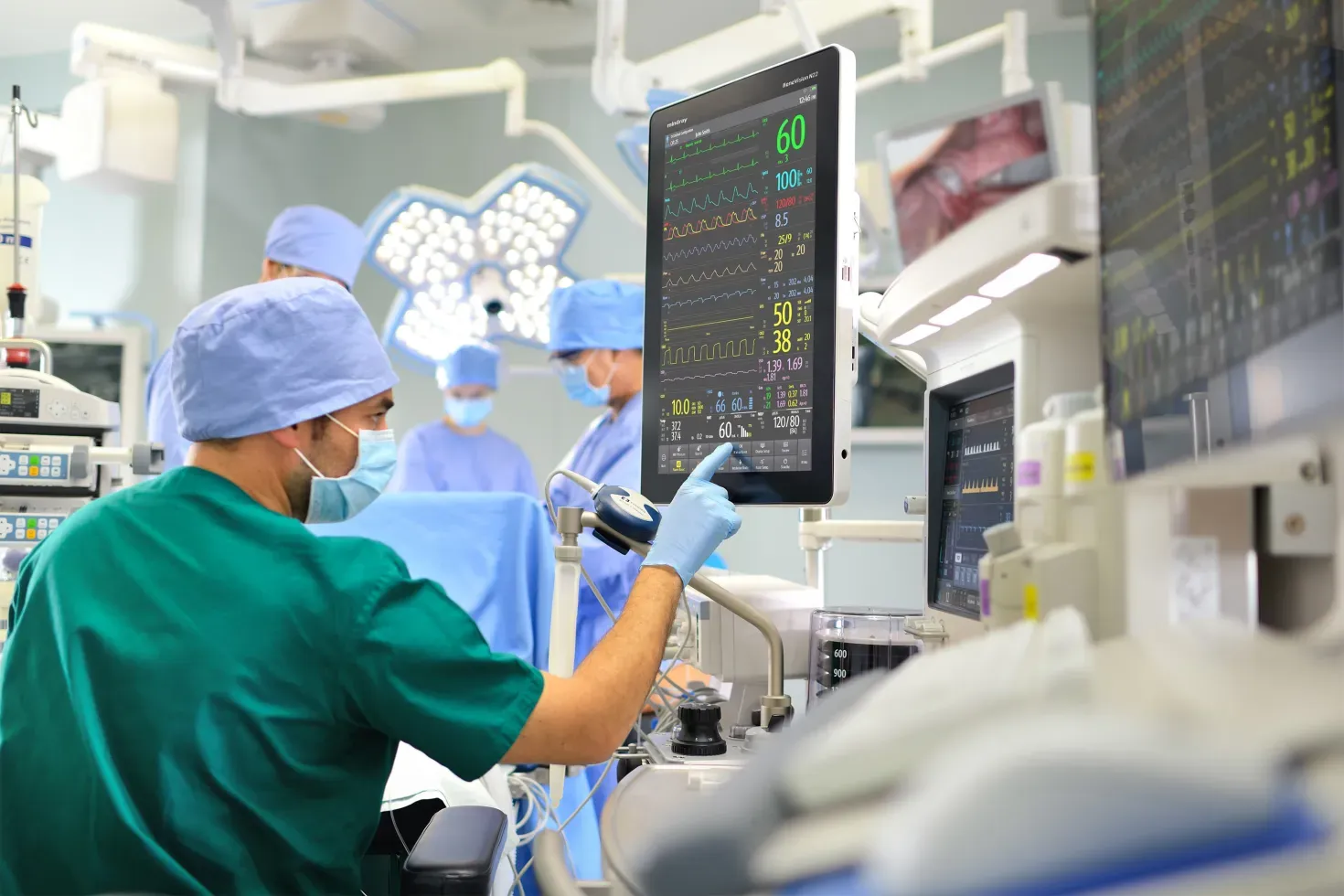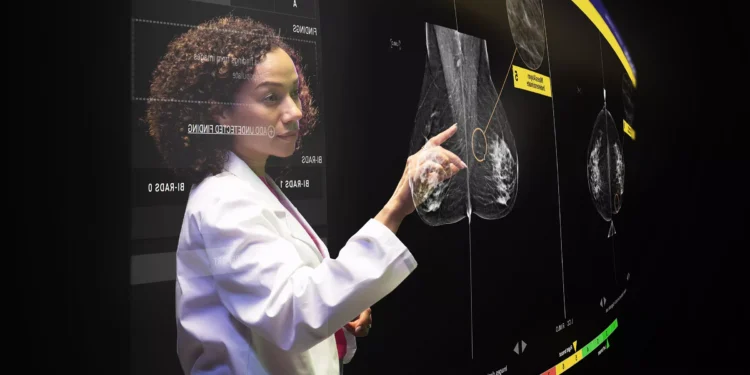In a story that may sound like science fiction, Lauren Bannon, a mother of two, credits ChatGPT with saving her life. The AI chatbot helped detect a life-threatening condition—cancer—that doctors had overlooked. In an emotional testimony, Bannon explained how ChatGPT’s prompt advice led her to seek further medical evaluation, ultimately catching a cancer diagnosis just in time.

“I am lucky to be alive,” said Bannon, as she reflected on how the technology offered insights that turned out to be crucial in diagnosing her condition. This is a remarkable example of how artificial intelligence is stepping into unexpected roles, not just as a tool for convenience, but as a potential lifesaver.
ChatGPT, primarily known for generating human-like text responses, had never been expected to play a part in medical diagnostics. However, Bannon’s story serves as a powerful reminder that AI is increasingly becoming a pivotal force in fields where its impact might have been underestimated—healthcare being one of the most prominent areas.
AI Innovation Expands: Tesla’s Full-Self Driving Service Tests the Waters
While AI’s role in healthcare is gaining attention, its influence is also being felt on the roads. Tesla’s Full Self-Driving (FSD) service has entered a new phase, launching a test run of its AI-powered ride-hailing service. The tests are being conducted in Austin, Texas, and the San Francisco Bay Area, initially available to an early group of employees.

Elon Musk’s vision of robotaxis is gradually becoming a reality, and the latest development signals a new chapter for autonomous vehicles. These AI-driven services could potentially transform the way we commute, making self-driving cars a daily norm in major urban centers. Tesla’s move is not just about convenience—it’s a significant leap toward full vehicle autonomy, reducing the need for human intervention.
As part of these advancements, Tesla also unveiled the Robovan, another piece in the puzzle of Musk’s futuristic vision. It’s clear that Tesla is betting heavily on AI to power its next-generation vehicles and revolutionize how transportation operates.
DeepSeek Under Scrutiny: Chinese AI Raises Concerns in the U.S.
In another corner of the AI landscape, DeepSeek, a Chinese AI firm, has found itself under investigation by a powerful U.S. House Committee. The company, which specializes in AI models like large language models (LLMs), is facing intense scrutiny over concerns about data harvesting and potential ties to the Chinese government.
House members are pressing DeepSeek for information regarding the U.S. data it may have used to train its AI models. The accusations suggest that DeepSeek might be collecting and utilizing American data for AI development without proper authorization or transparency. This is a growing issue that underscores the need for international regulations on how AI models access and use sensitive data.

While DeepSeek has not yet been able to clear up these concerns, the investigation highlights the growing global tensions surrounding AI. The Chinese government’s involvement in the development and deployment of AI technologies is increasingly being questioned by Western lawmakers, especially regarding the implications for privacy and national security.
Manus and Butterfly Effect’s Groundbreaking Model
As if the developments around ChatGPT, Tesla, and DeepSeek weren’t enough, another revolutionary AI model has entered the spotlight. Manus, unveiled by Singapore-based company Butterfly Effect, is one of the first truly autonomous AI agents. Unlike traditional chatbots or models, Manus can carry out its own research, make independent decisions, and even execute plans—all with minimal human oversight.
This leap forward is being hailed as a significant milestone in AI’s evolution. If Manus lives up to its potential, it could redefine how artificial intelligence interacts with the world. By taking on tasks that previously required human guidance, Manus could accelerate industries ranging from research to operations management.
While some remain cautious about the risks associated with such autonomy, the potential benefits are undeniable. Manus could pave the way for smarter, more efficient systems across various sectors, reducing costs, enhancing productivity, and opening new avenues for AI applications.
What’s Next for AI?
From life-saving healthcare interventions to autonomous robots and ethical dilemmas surrounding data privacy, the world of artificial intelligence continues to grow at a rapid pace. Whether it’s in the form of ChatGPT detecting cancer, Tesla’s push for autonomous vehicles, or the investigation of DeepSeek’s international data practices, AI’s impact is becoming increasingly visible and complex.

With new breakthroughs and challenges on the horizon, it’s clear that AI is not just reshaping the technology landscape—it’s also influencing society in profound ways. As we look ahead, it will be fascinating to see how these technologies evolve, and how lawmakers, businesses, and individuals navigate the new world that AI is helping to create.
The stories from Lauren Bannon, Tesla, DeepSeek, and Manus show just how much AI is changing our world. From healthcare to transportation to the ethical questions surrounding data usage, artificial intelligence is not just a tool—it’s becoming a critical part of how we live, work, and solve problems. As technology advances, we can expect AI to play an even larger role in shaping the future.
Whether it’s saving lives, improving efficiency, or raising important questions about privacy, AI is here to stay. The coming years will undoubtedly bring more innovation, challenges, and breakthroughs that will keep both experts and everyday people on their toes.










